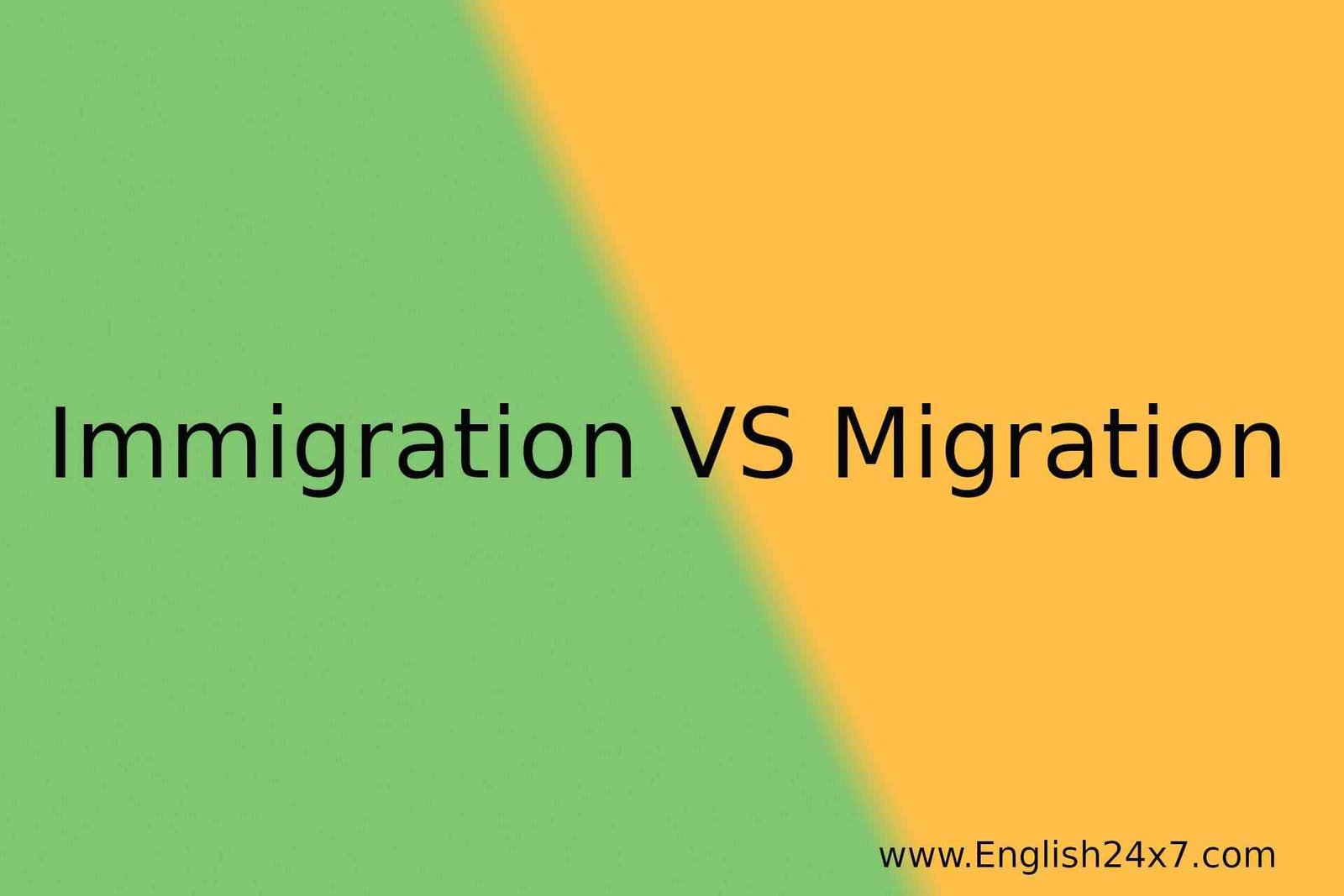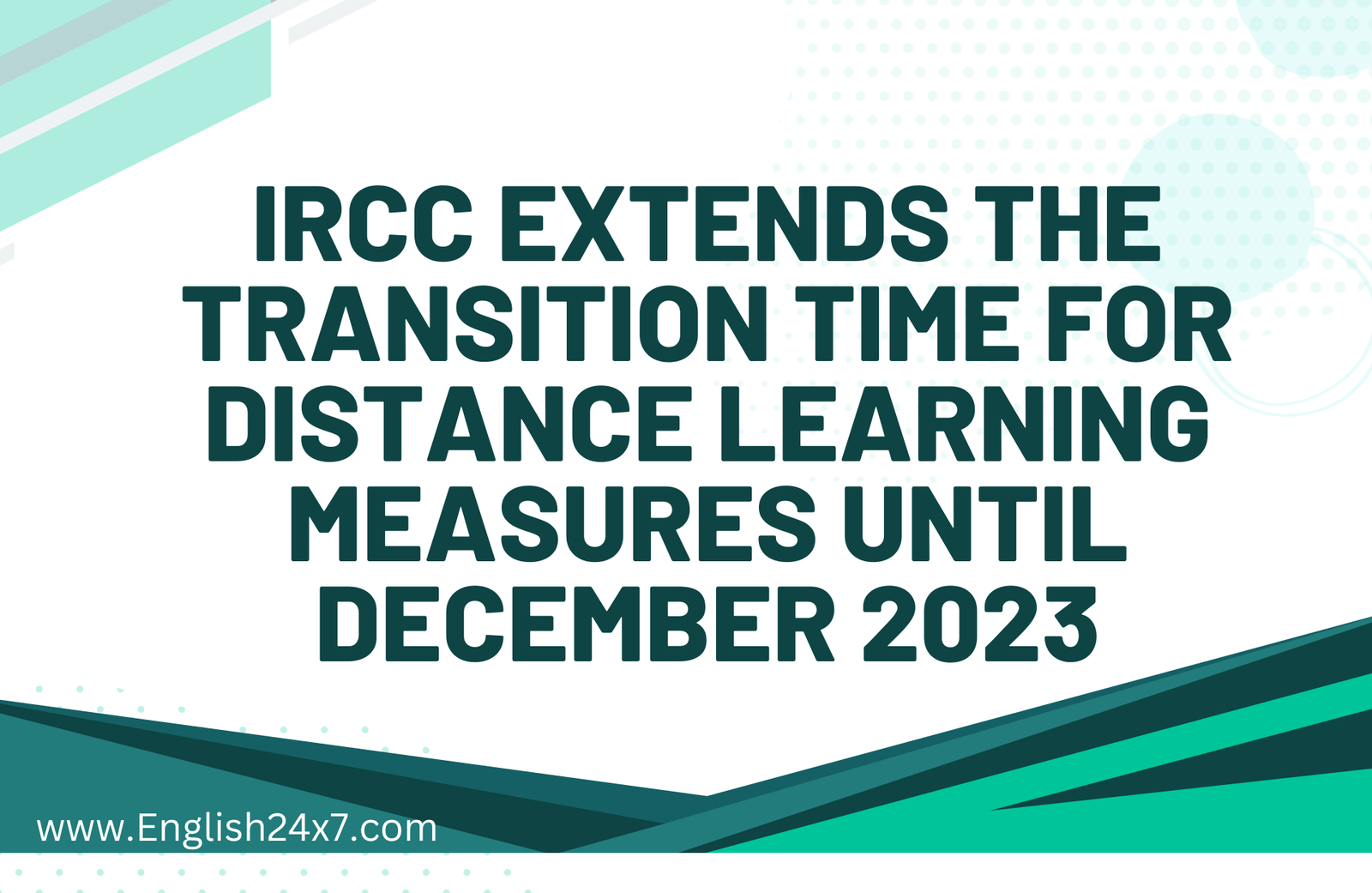
English to be Second Official Language in Germany
One of the country's ruling parties has advocated that English should be added as a second official language at administrative offices in Germany.
This is because cumbersome bureaucratic German is proving to be a significant barrier for much-needed foreign skilled workers.
The pro-business Free Democratic party (FDP) is a junior coalition member in Olaf Scholz's three-party coalition administration.
Last autumn, the Chancenkarte, or "opportunity card," was introduced as a response to the urgent shortage of trained labor.
Even if they don't yet speak German well, skilled professionals who wish to immigrate to Germany should be able to apply for our new points-based "green card" programme from overseas, according to Johannes Vogel of the FDP, who spoke to the Guardian.
Vogel, a member of the Bundestag's committee on labor and social affairs, argued that the new green card programme needs to be set up so that candidates might be accepted even if they did not speak German well.
Additionally, the registration offices where these employees must register once they arrive.
Moreover, they should be able to provide them with English application forms and caseworkers who speak the language well, he continued.
In 2022, when the German economy began to recover from the pandemic that caused standstills the previous year.
It registered a record-high 844,000 job openings annually, with severe shortages particularly in the IT, engineering, and pharmaceutical industries.
The Federal Employment Agency reported 764,326 job openings at German companies in January of this year.
Last November, agency director Andrea Nahles predicted that to close the skills gap, Europe's largest economy would require an influx of over 400,000 skilled foreign workers per year.
Germany must improve its ability to attract top international talent. Vogel stated that it is essential for our economic future.
He added that because German is, regrettably, not a universal language, they are at a competitive disadvantage. They should at the very least make up for that.
The Association of German Chambers of Industry and Commerce has echoed the FDP's plea, and its president, Peter Adrian, recently told the Münchner Merkur newspaper that English is the language of the world and should be sufficient for anyone to succeed in many German firms.
If individuals from abroad could communicate with German bureaucracy for the first time in a language other than German, Adrian said that would be a "powerful signal."
The group in charge of employees who work in administrative offices has rejected the proposal, which was first put up by the FDP when it took power in December 2021.
German is the official language in our nation when it comes to ordinances and legislation because it provides legal certainty, a representative for the Civil Servants' Association (DBB) said the Redaktionsnetzwerk Deutschland last year.
Ulrich Stock, a DBB representative from Saxony-Anhalt in eastern Germany, cautioned that adopting a second official language would result in the creation of a "bureaucratic monster" and pose legal dangers.
The former socialist German Democratic Republic nations, where a sizable portion of the population grew up learning Russian rather than English as a first foreign language at school, have seen considerably more strident opposition to such a transition.
Learning German must continue to be the "essential key" to integrating people into German society, according to Raymond Walk, a conservative CDU state legislator from Thuringia.
Germany is ranked below other northern European nations in Scandinavia and the Benelux union in the education business EF Education First's most recent index of English-language competency, which places it in the "extremely high" category.







